Search
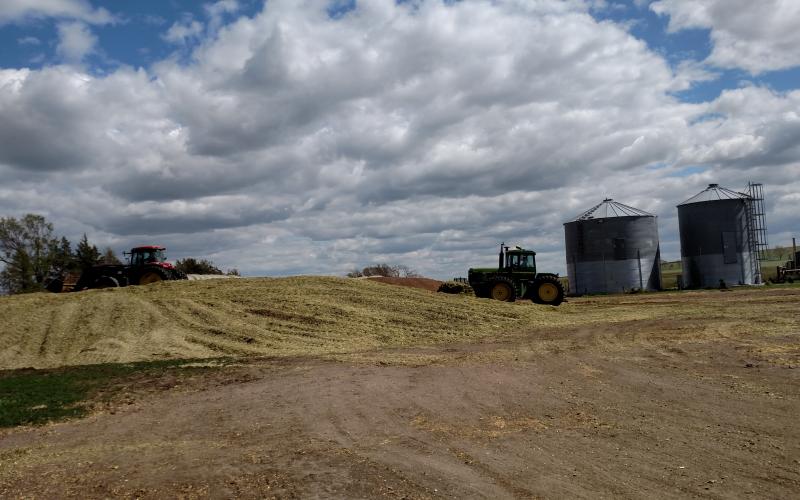
Silage Moisture Testing Tips
Two key points to keep in mind when making high-quality silage are moisture content before harvest and nutrient content before feeding.

Capsicum Oleoresin Fed to Grow-Finish Pigs Improved Carcass Value
Feed additives are low incorporation, non-nutritive, feed ingredients designed to provide benefits in the growth, feed efficiency, and/or feed intake of animals and ultimately lower the cost of production.

10 Simple Amenities That Will Boost Employee Morale
Agricultural employers who prioritize their work environment and offerings often have employees that are more satisfied and proficient at their work.
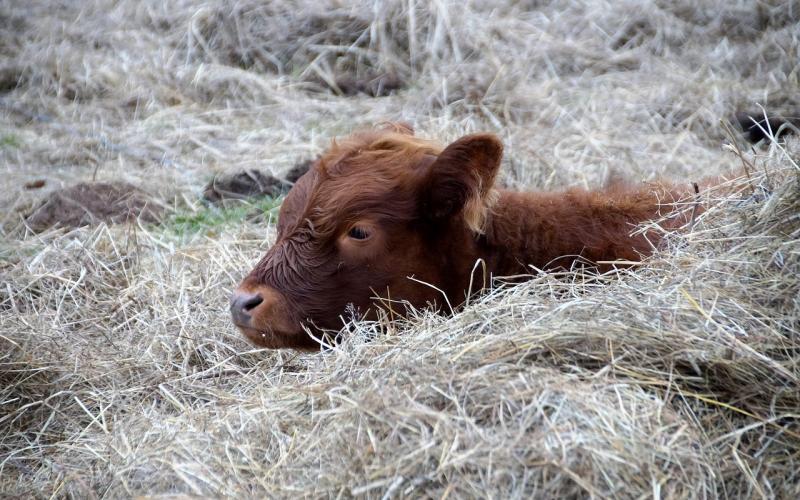
Summer Pneumonia in the Beef Herd
Respiratory disease in pre-weaned beef calves on pasture can be a concern for cow-calf producers, and outbreaks are frustrating for cattle producers and veterinarians alike.

How the Veterinary Lab Diagnoses Anthrax in a Beef Herd
Anthrax is a serious disease of cattle that pops up somewhere almost every year in South Dakota. It’s caused by a bacteria that survives as a very tough spore form in the soil. Knowing whether a death on pasture has been caused by anthrax is important for several reasons.
![A herd of cattle gather around a stock pond on a vast, lush grassland. Courtesy: USDA [CC BY 2.0]](/sites/default/files/styles/teaser_800x500/public/2019-05/W-00231-00-cattle-grazing-grassland-pasture-range.jpg?h=8f818b46&itok=6GS1_Ww0)
The Environmental Disease Called Pinkeye
Plentiful moisture during the grazing season might contribute to what could be called a “bad year” for a certain cattle disease: pinkeye.
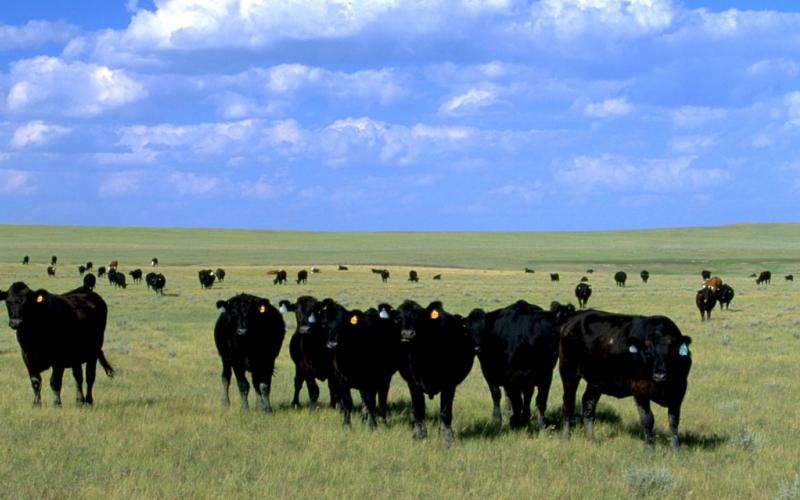
Census of Agriculture Cattle Insights
The "2017 Census of Agriculture" is a valuable source for insights related to cattle operations at the state level. There were 13,928 operations across South Dakota with cattle in 2017, and the total inventory was 3,988,183 head.
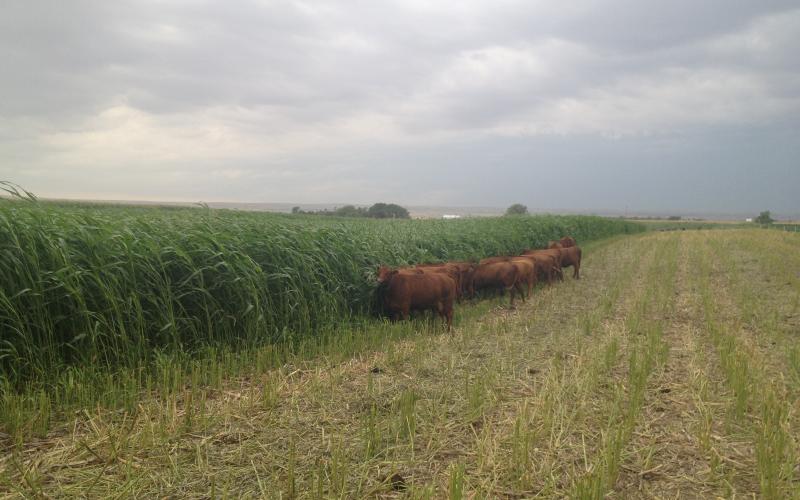
Delayed Planting Challenges: Alternative Forages
With the excessively wet planting conditions much of South Dakota is now experiencing, many producers are looking for “Plan B” to meet forage needs for their livestock, or as a commodity that can be marketed to livestock producers.

Delayed Planting Challenges: Cover Crop Considerations
High waters and saturated soils across many counties in South Dakota have producers worried about getting their crops planted in a timely manner this spring. In many areas, typical cash crops will not be a possibility. Producers may need to develop alternative plans.
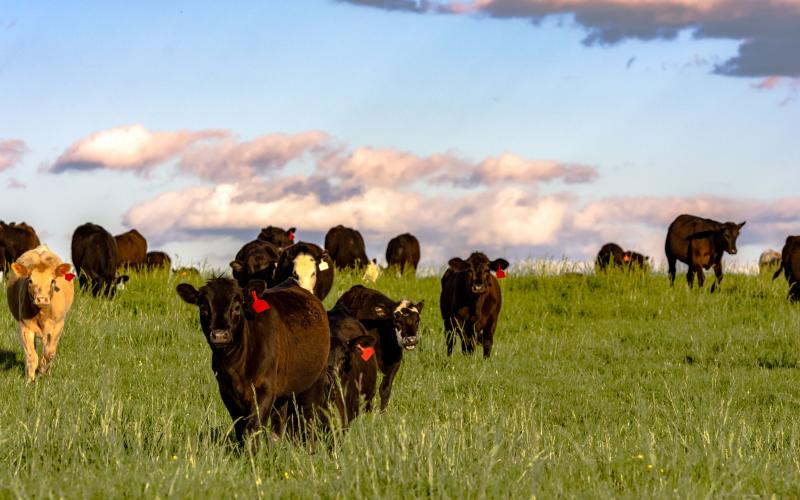
Pregnancy Diagnosis in Your Cow Calf Herd
Early pregnancy diagnosis and being able to identify AI sired calves from calves sired by clean-up bulls is crucial for maximizing herd productivity and increasing economic return from your cows.